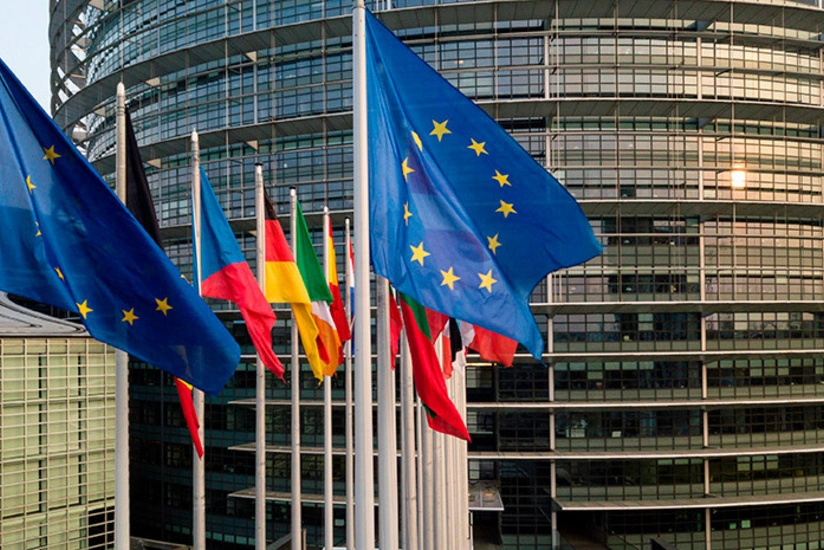European Parliament proposes to ban imports of oil products from Russia
- 16 October, 2025
- 17:32

In a joint meeting of the European Parliament's (EP) Committees on Industry, Research and Energy and on International Trade, Members of the European Parliament (MEPs) voted to start inter-institutional negotiations regarding the ban on importing energy resources from Russia to the European Union (EU), Report informs, referring to the EP.
"On Thursday, the Committees on Industry, Research and Energy and on International Trade approved draft plans to ban imports of Russian natural gas – both pipeline and liquefied natural gas (LNG) – from January 1, 2026, with limited exceptions for existing short-term contracts (until June 17, 2026) and long-term contracts (until January 1, 2027), provided they were concluded before June 17, 2025 and remain unamended.
Under the proposed rules, energy operators will be able to invoke ‘force majeure" to terminate Russian gas import contracts, since the legally-binding prohibition on further imports, as provided by this new regulation, is explicitly defined as a sovereign act beyond their control.
The MEPs propose to prohibit the temporary storage of Russian-origin natural gas in EU facilities as of January 1, 2026. Moreover, to close loopholes and mitigate risk of circumvention, operators would have to provide customs authorities with stricter and more detailed evidence of the gas' country of production before import or storage, with prior authorization required depending on the origin of the natural gas," the European Parliament said in a statement.
"From the same date, the MEPs want to prohibit all imports of Russian oil, including petroleum products originating from Russian crude oil, while requiring prior customs authorization and verification of the country of production for such imports.
Additionally, the text explicitly targets circumvention risks – such as re-labelled imports, shadow fleets, and transit via third countries – by mandating origin certification for oil pipelines, quarterly audits, and a list of high-risk LNG terminals, to be managed by the Commission.
Finally, the MEPs delete the review clause allowing the Commission to authorize a temporary suspension of the import ban in situations threatening EU energy security. They also strengthen its enforcement by introducing penalties for violations of the regulation," the statement reads.
"The vast majority of the members of the two committees have voted for a strong position to strengthen the exit from Russian fossil fuel imports. I am impressed by the shared understanding of the need for effective legislation that is not just banning imports of Russian gas and oil to the European Union but is also stringent in enforcement and closes the loopholes of the Commission's proposal" said lead MEP for the Industry, Research and Energy Committee (ITRE), Ville Niinistö.
"The almost unanimous support gives me a strong mandate for negotiations with the Council. The ban of Russian fossil fuels is a great achievement for the European Union and a turning point in European energy policy. We have strengthened the European Commission's initial proposal by including oil and its products, ending long-term contracts a year earlier than proposed, adding penalties for non-compliance, and deleting exceptions for landlocked countries," said Inese Vaidere, lead MEP for the International Trade Committee.
The legislation was adopted by 83 votes to 9, with 1 abstention. MEPs also voted by 84 votes to 7, with 1 abstention, to open negotiations with the Danish Presidency of the Council. Parliament's plenary chamber will be notified of the decision during its forthcoming session of 20-24 October.
This legislation comes in response to Russia's systematic weaponization of energy supplies, a pattern documented over nearly two decades and escalating with the full-scale invasion of Ukraine in 2022. The 2022 invasion came with further deliberate market manipulation, including Gazprom's unprecedented underfilling of EU storage facilities and abrupt halts to pipelines, causing energy prices to spike to up to eight times their pre-crisis levels.
